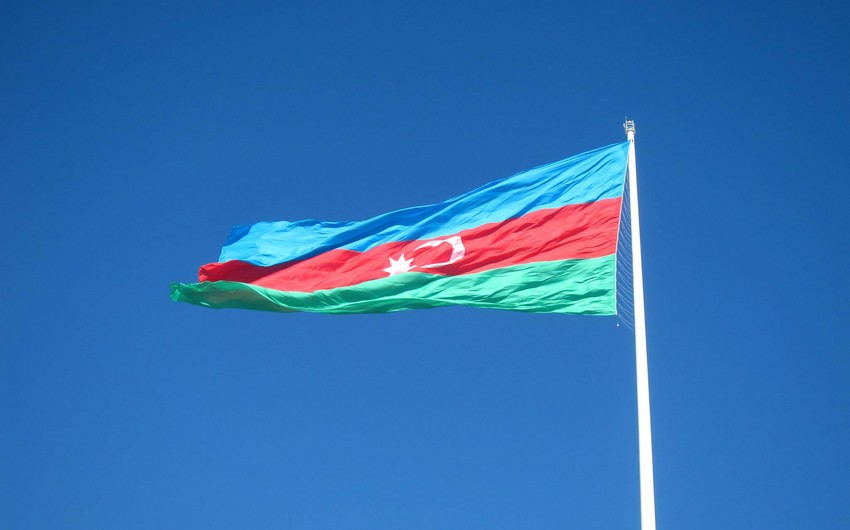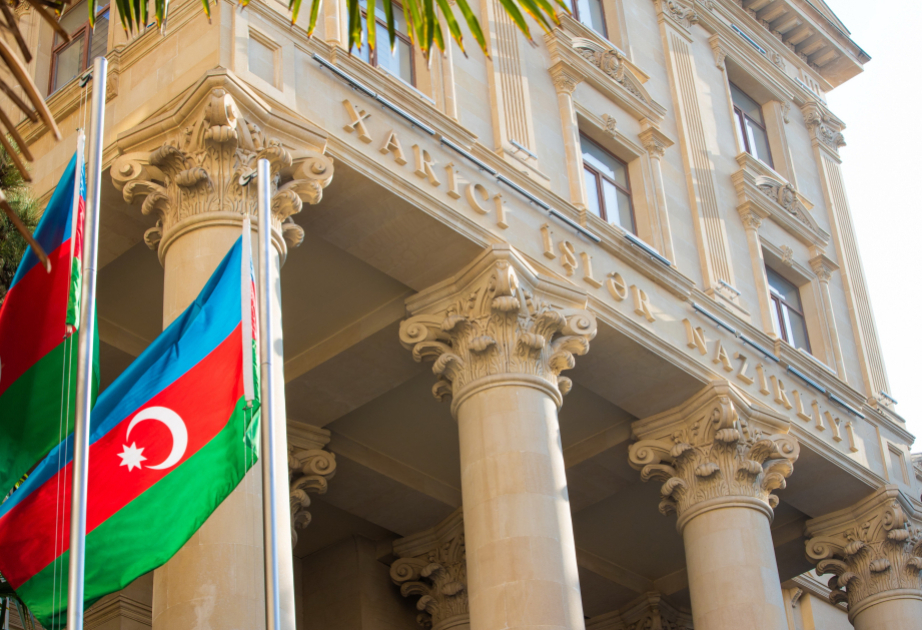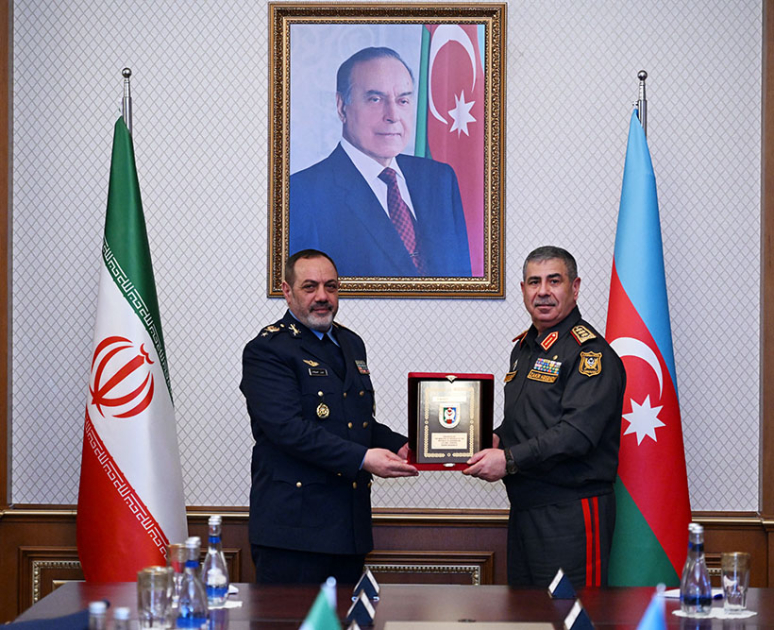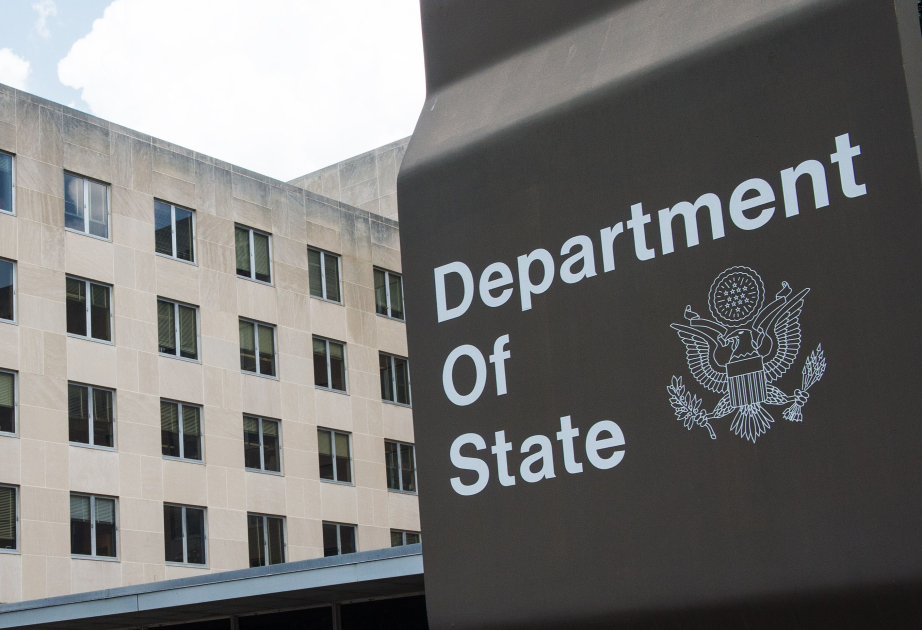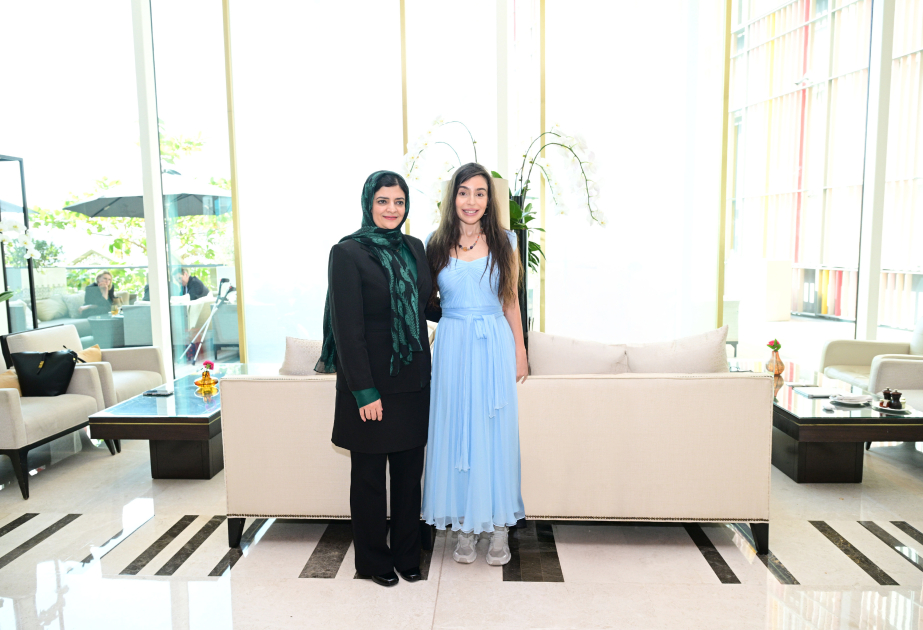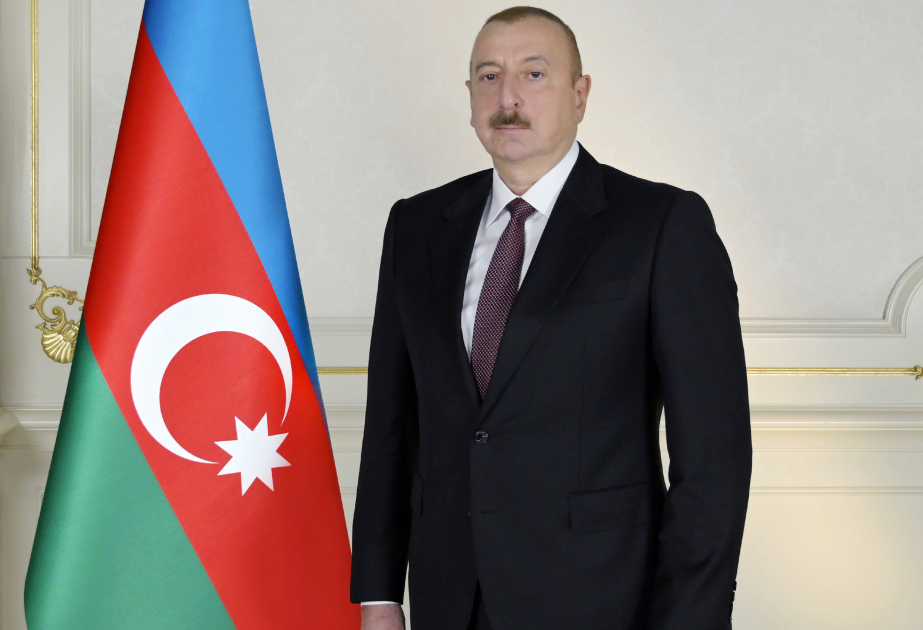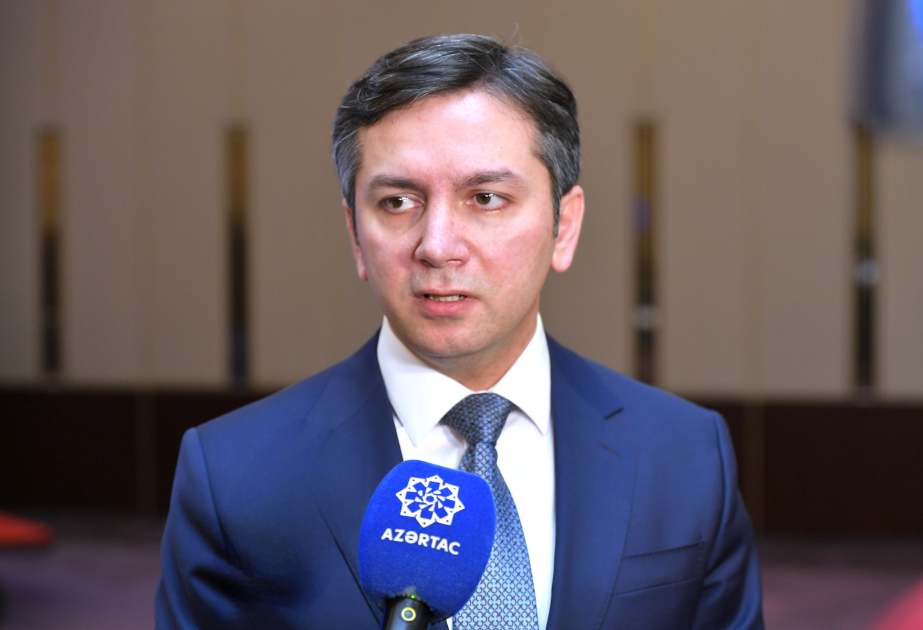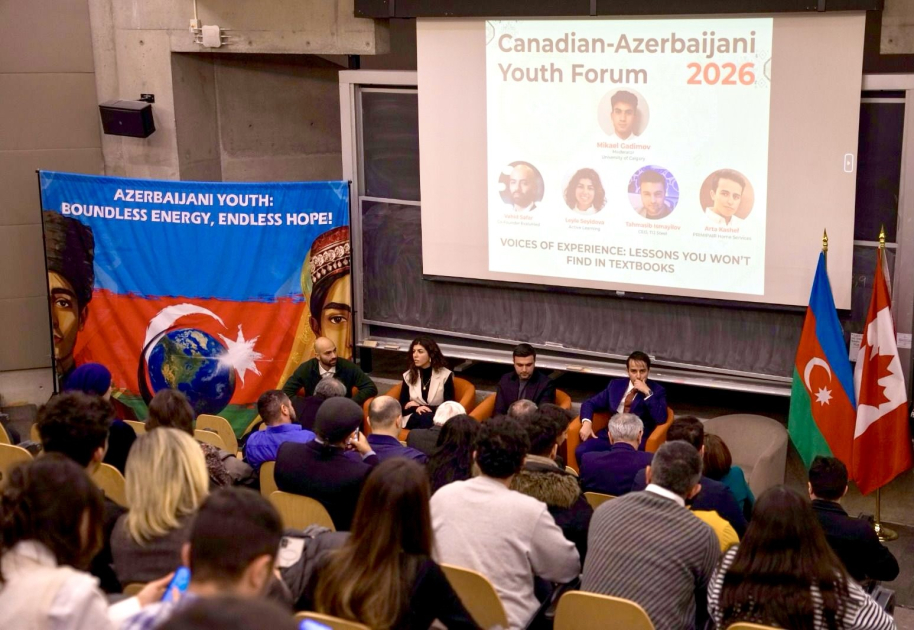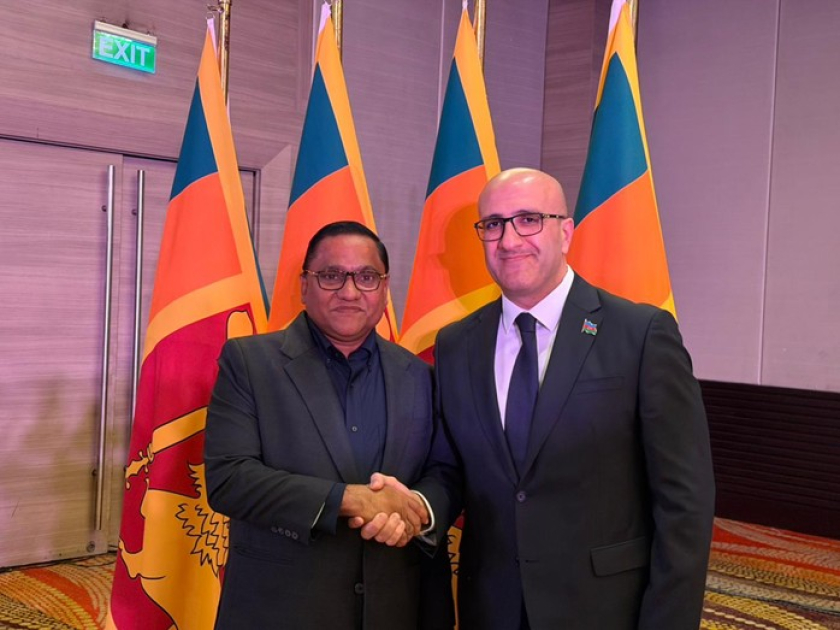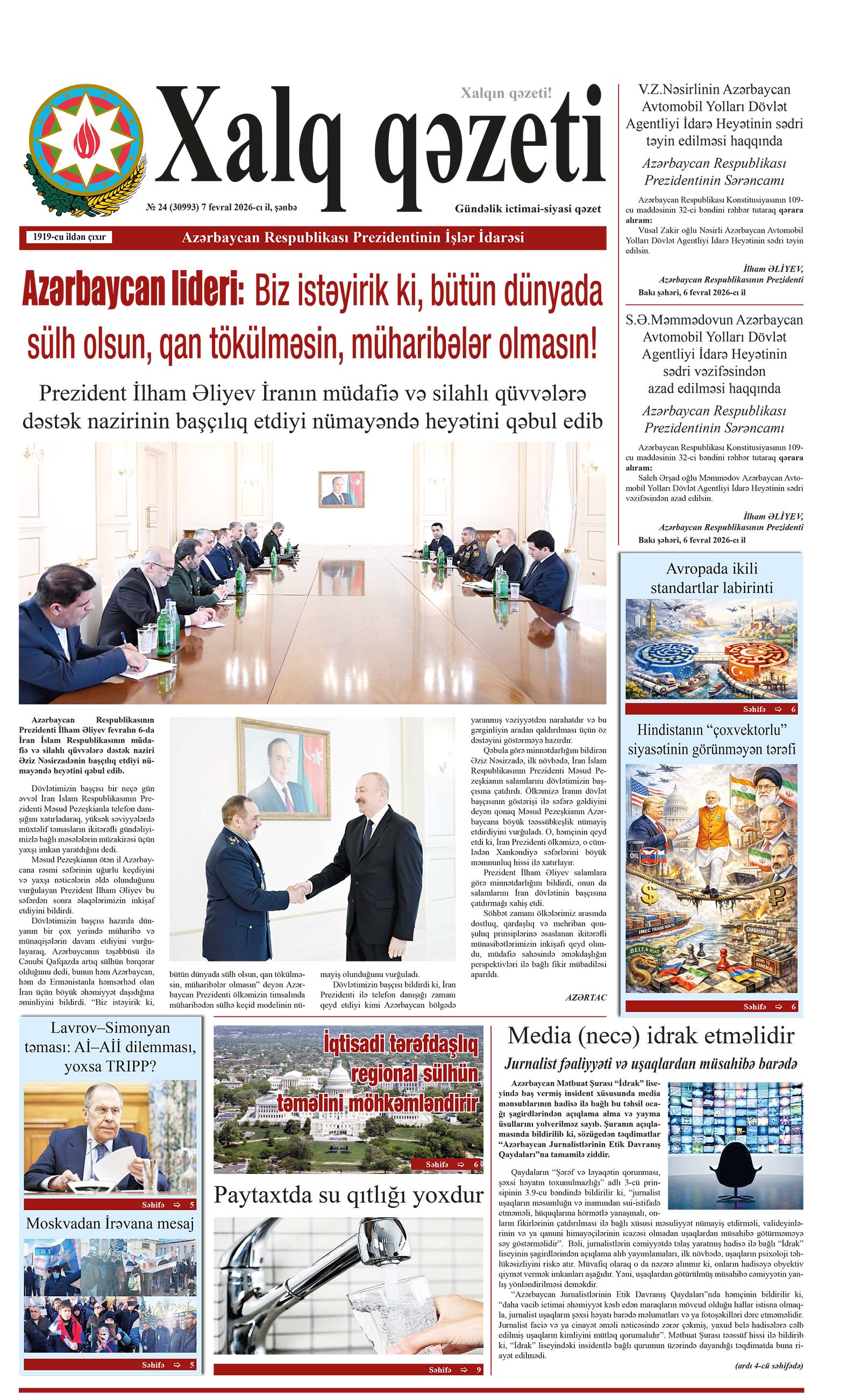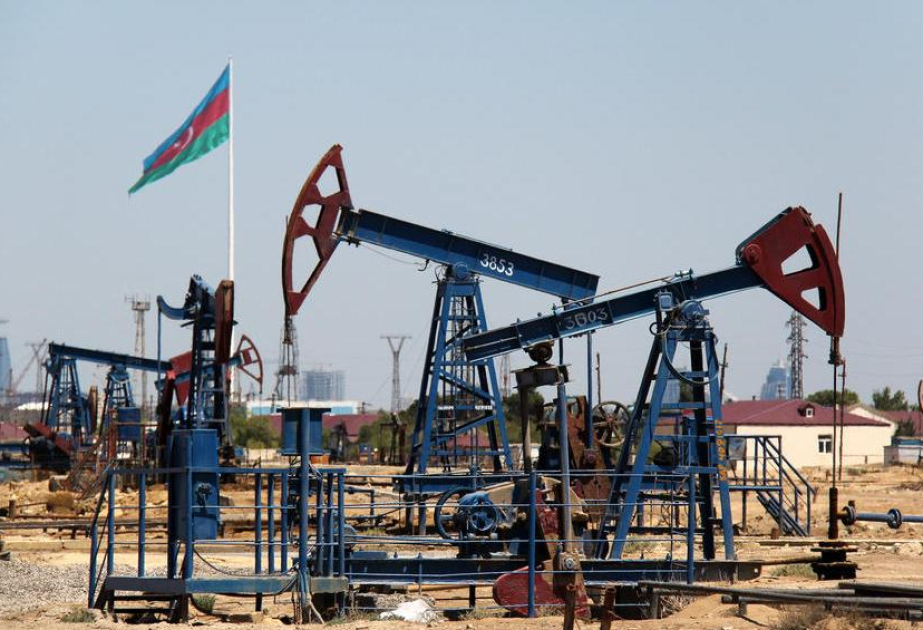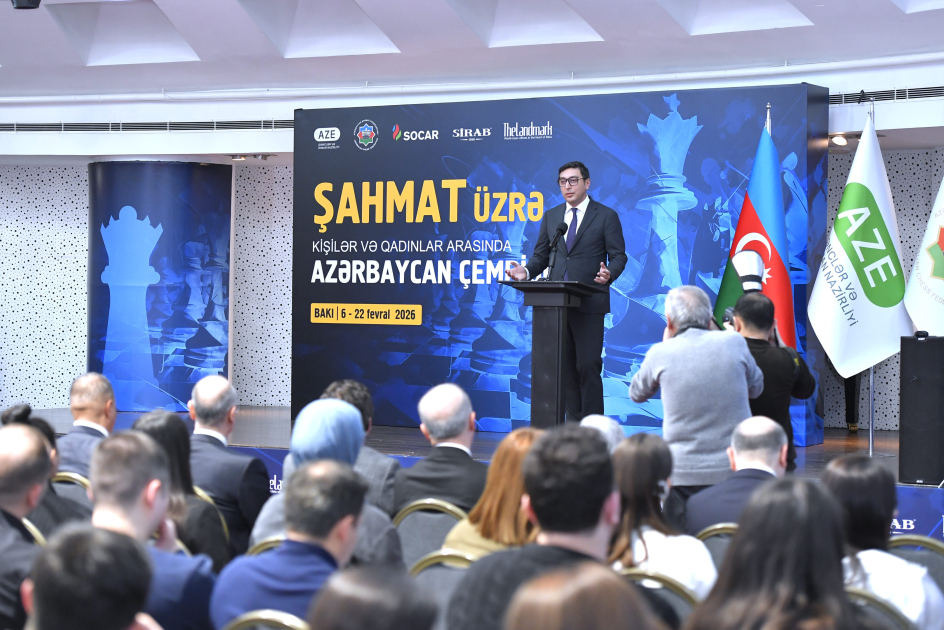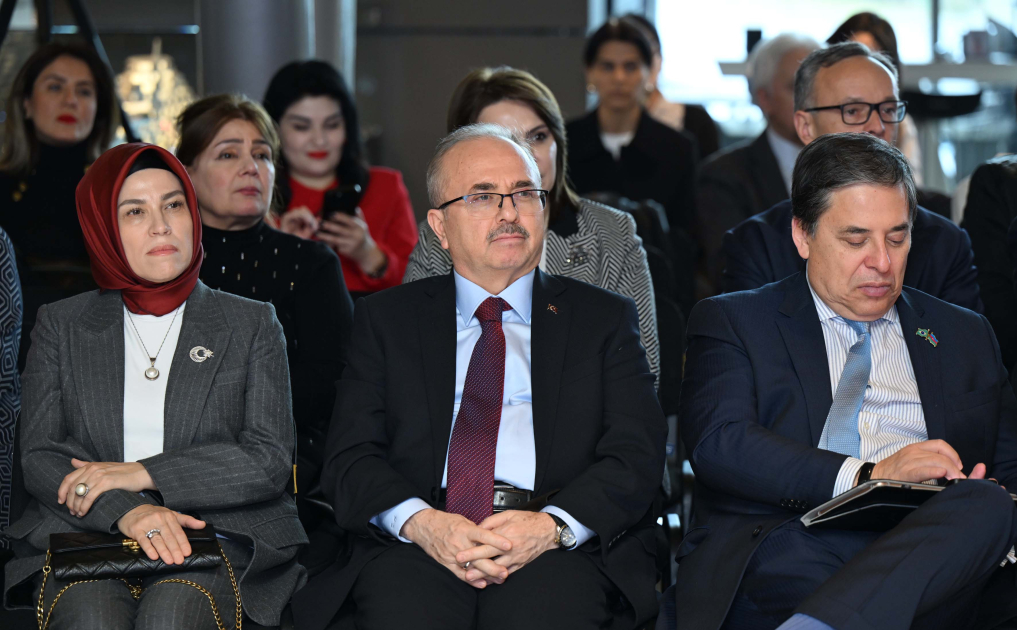Azerbaijan's involvement in D-8 could be quite pivotal. With its strategic location and significant energy resources, Azerbaijan has the potential to drive economic cooperation within the group, Pakistani political scientist Aimen Jamil told Report.
"This could mean leading initiatives in energy security, trade, and cultural exchanges. Given Azerbaijan's historical ties and its recent diplomatic engagements in the region, it's well-positioned to enhance the organization's geopolitical influence.
I think organizations like D-8 are becoming more crucial as we see shifts in global power dynamics. They offer a platform for countries that might feel sidelined in traditional global forums to assert their influence. D-8, with its focus on Islamic countries, can promote economic cooperation, cultural solidarity, and provide a collective voice on the international stage. In a world where regional blocs are gaining strength, such organizations help in navigating global economic challenges and political changes, offering alternatives to the dominant global economic systems," she noted.
"For Pakistan and Azerbaijan, D-8 provides a fantastic opportunity to deepen their bilateral ties. Both countries share cultural and religious bonds, which can be leveraged for economic partnerships. Pakistan, with its growing economy, could benefit from Azerbaijan's expertise in the energy sector, especially considering Azerbaijan's advancements in oil and gas. Conversely, Pakistan's market can be a gateway for Azerbaijani goods into South Asia. They could collaborate on projects related to infrastructure, especially in transport and energy, or even in technology transfer. This cooperation could also extend to addressing regional issues like security and sustainable development, using the D-8 framework to amplify their joint efforts," she added.
On December 19, 2024, Azerbaijan was unanimously elected as a member of the D-8 at the 11th Summit in Cairo.


